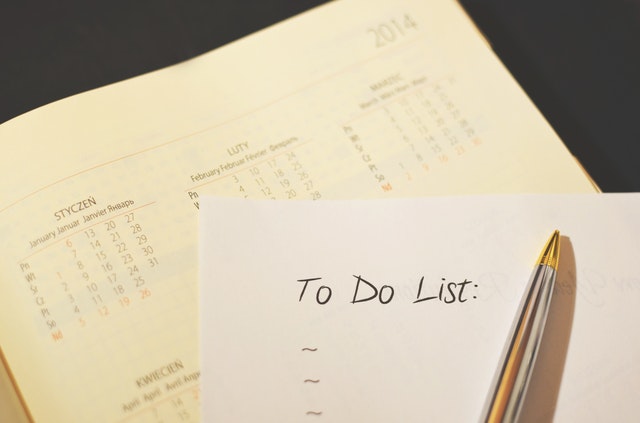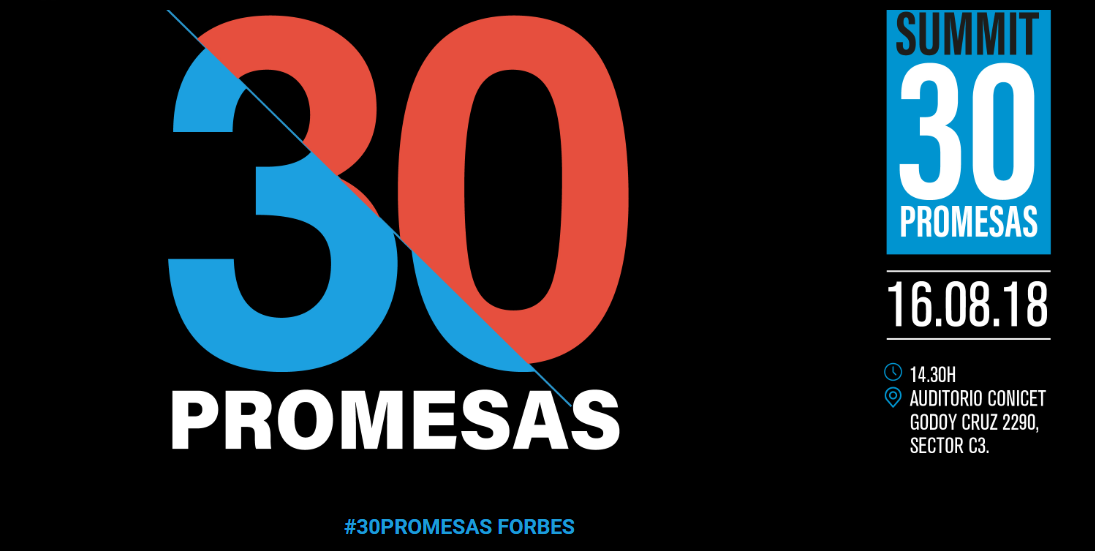The key to connecting with more clients and earning a better income is knowing what clients expect from freelancers’ proposals.
I’m going to share my specific experience and what some of my top 100 on Workana, Hero-level freelancer friends have told me.
You’ll see that in order to connect with more clients, you just need to create your formula based on what you know already works, and you’ll be able to make it to the freelancer group that, according to the 2019 Workana Report, participates in more than 20 projects each quarter.
So, let’s get started.
Do clients really know what they want?
There’s a generalized myth out there that clients don’t know what they want. You’ve probably run into entrepreneurs before, or even business professionals with years of experience, who are looking for a service but do not have a clear profile of the professional they need.
For example, a client needs web design, but they contact you, an editorial designer. And yes, web design is one of your skills, but you can’t guarantee a user experience in accordance with their niche in the market.
In this case, the job can get a little tedious both for you and the client. This happens in environments where client searches produce a wide range of possibilities.

But, do Workana clients know what they want?
For starters, keep the following three principles in mind. You need to know these so you can change your mentality regarding potential clients and cultivate a better approach for presenting your proposals. The three principles are:
- Bust the myth: the client does know what they want.
- If they don’t really know, acknowledge that at least they have an idea of what they want.
- In this case, guide them, walk them through it—with a friendly attitude and without pushing them.
#1: The myth needs to be busted.
Even if the client isn’t clear about the type of profesional they need, they do know what they want. So, our job as freelancers is to understand the client and translate their project into clear terms before making a proposal.
If we approach the client thinking about how they don’t know what they want, we start a vertical relationship of superiority and guidance without being able to understand them and end up trying to take them where we think they should go.
This focus is already hindering you from creating attractive proposals that allow you to make contact and obtain the desired result: the acceptance of your proposal.
#2: Even if they don’t know what they want, they have an idea.
Of course, there are clients who aren’t very clear. You’ve seen projects on Workana that don’t explain the client’s expectations very well. However, one of the platform’s advantages is the extraordinary filtering of different types of freelance work.
How is this an advantage?
If the client isn’t totally clear, Workana helps them place their project in the appropriate category to find the professional to talk to and build on the idea they have about how and why to develop their project.

#3: If they have an idea, give them guidance.
So, to pave the way for a proposal that converts, you have to bust the myth, recognize that the client has an idea of what they want from your services, and, lastly, be willing to guide the client.
Now, by “guide” I mean accompany them. As a professional you should prepare yourself not only in the technical aspects of your area, but in social skills as well, improving your ability to be your client’s coach in your field.
Along this vein, an interesting fact from the 2019 Workana Report is that the freelance population develops professionally and complements their formal studies through books, magazines (58.5%), or courses (34.8%) to continue to hone their specialization.
Within this population, training through digital platforms or e-learning spaces predominates for up to 73% of study participants. If you are not continuing your training to be able to better present your services, you could join this group who are doing so online.
In order to accompany the client, you have to submit your proposal, which is what you use to give your potential clients confidence in starting this journey with you. Take advantage of some training to achieve this level.
So, what do clients expect from proposals?
Both the client who knows exactly what they want and the client who only has an idea, expect:
- A personalized proposal
- Professional writing style
- Information about your specific skills for the development of their project
- Good social and communication skills from you
- Confidence that you will spend time on their project
- A fair price that matches your experience level and professionalism
- Results

As I said at the start, I have a good relationship with freelancers who work on the Workana platform and provide services that are both different and similar to the ones I provide. Over time, we formed a team. We make recommendations for each other, and we maintain good communication.
We’ve spent a lot of discussion time on the topic of proposals, types of clients, and even market prices. We’ve found that the points outlined above are what our clients are most interested in.
I’m citing freelancers with more than 100, 200, and even 300 projects completed on the platform, with one to four years offering services through Workana, so these points, you could say, are the results of a field study.
I’ll explain in detail below, so you can make the proposals that clients expect from you:
#1: A personalized proposal
A few days ago, at the First MinTIC Telecommuting Job Fair in Colombia, I had the opportunity to meet with Javier and Margolis, two freelancers who are also Hero-rated on Workana.
Over lunch, we talked about proposals—and Margolis, a freelance architect, mentioned the importance of personalization.
She shared three important points for personalizing your proposals:
- If you have access to the client’s profile, you need to check it out.
- Carefully read through the project description.
- Adjust the tone and style of your proposal to the personality and writing style in the job description.
#2: Professional writing style

Your area of expertise might not be related to writing; however, if you offer design services and your proposal contains spelling errors, you could be reflecting an unprofessional image.
Javier, a designer providing services through Workana, commented at lunch that he had opted to:
- Adjust the writing style of his proposals, being sure to avoid spelling and grammar errors.
- Make proposals accessible for his potential clients instead of relying on unnecessary technical language.
- Get to the point, always after having greeted the potential client using the name on their profile.
#3: Information about your specific skills for the development of their project
My friend Richard S. also offers his services through Workana as a Hero-rated freelancer, with more than 100 projects completed. His skills are content marketing, SEO, creative writing, and eBook editing, among other things.
He has noticed that his proposals are more effective when he focuses on talking about his skills that can add value to a potential client’s project.
If he has the chance to mention his other skills, he does, but always after the client makes contact upon reading his proposal.
Based on Richard’s experience, I suggest that you:
- Carefully read the potential client’s project description.
- Check to see if the client has attached any documents, images, or files for reference.
- Focus on showing and explaining specifically how you can help them with your skills. Don’t try to impress: simply communicate your skills from the standpoint of adding value.
#4: Know your social and communication skills

My friend Juan B., a community manager on Workana, has also shared his experiences with me. He said he discovered that proposals need a human touch.
This is interesting, since many freelancers bid on projects as if they were leaving their resume.
There’s something we should understand: if a company wants employees to keep a schedule and be skilled robots, they wouldn’t look for them on freelancing platforms.
Potential clients on Workana are looking for professionals with whom they can have a relationship of trust. Keep in mind that hiring a freelancer is turning over control. That’s why they need to know that they can have good communication with you.
In light of this point:
- Greet the client in your proposals, using the name or title in their profile.
- When you are presenting your skills, don’t do it as if it were a section on your resume.
- Relate your abilities to their project, using direct communication.
#5: They want the confidence of knowing they can count on you
For a client to hire a freelancer is a leap of faith. As I said in the previous section, they are giving up control. And it’s not about money, but the level of commitment.
Your proposals should directly state that you are going to commit to their project, respect their delivery times and make necessary adjustments to deliverables as needed, on time.
In my case, I keep up with between 6 and 12 projects per week, and some weeks up to 17. On my proposals, I indicate to potential clients that they can check my profile to see comments, projects completed, ratings, and all other information. But, they can also see the number of projects I’m working on.

Clients may think, “If he has 12 projects, he’s not going to put the time into my project that I expect.” However, I make sure to express to them:
- “I work full time as a freelancer. I have a schedule which allows me to organize my time and guarantee results that will go beyond your expectations.”
- “Some of the projects I have on Workana only require a couple of hours daily, so I am able to devote the time to your project that it deserves.”
- “I’m always online on the platform’s chat on my computer and my smartphone. You may contact me at any time, and I will respond to your messages promptly.”
#6: A fair price, in accordance with your level of experience and professionalism
We’ve come to the most delicate part of a proposal. I know freelancers who are starting out on Workana and are afraid to bid with prices so high that they can’t compete. However, I would like you to consider the following principles regarding this fear:
- You shouldn’t be competing with other freelancers, but with yourself.
- Price isn’t the most important aspect for a valuable client, but rather what you have to offer.
- Overcome your fear of high bidding and value your work and level of knowledge. Study the market and charge what you should be charging.

You would be surprised that the best clients aren’t attracted by low prices. In my experience, I’ve seen that clients who want results are willing to pay what your services are worth without it mattering that others, with less experience and reliability, are offering them a better price.
So, evaluate the time and effort that you’re going to invest, the knowledge that you can contribute to the project and the effectiveness of the solution you offer, and submit your bid at a price that’s fair and beneficial to you.
#7: Results
Lastly, keep in mind that the client wants results. And those results should line up with the vision they have for their business. This is why you’ll have to make your guarantee in your proposal.
When clients can visualize what they will achieve through your services, they are willing to take the risk with you, since all the elements leading up to the guarantee, such as the personalization of the proposal, the professionalism reflected in your writing, your skills, the confidence that they can count on you and your knowledge, and a fair price, will allow them to trust your word.
By basing your formula on these aspects, you will be able to put together a winning proposal.
Conclusion
Now that you know more about how to submit a winning proposal for potential clients’ projects, go ahead and start applying the principles I’ve shared which come from the experience of many successful freelancers.
Remember:
- The client expects direct communication from freelancers’ proposals.
- They expect a clear explanation of your contribution to their project.
- They expect for you to inspire confidence and trust.





